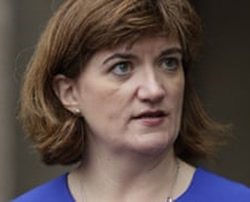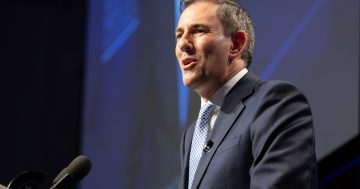UNITED KINGDOM
 An announcement by United Kingdom Prime Minister, Boris Johnson that there will be an investigation into the way the British Broadcasting Corporation (BBC) is funded has raised fears that the nearly 100-year-old institution will not last another decade.
An announcement by United Kingdom Prime Minister, Boris Johnson that there will be an investigation into the way the British Broadcasting Corporation (BBC) is funded has raised fears that the nearly 100-year-old institution will not last another decade.
Sources said the public broadcaster is confronting unprecedented political hostility, deep cuts to some services and ever-increasing competition from digital platforms ahead of its centenary in 2022.
The Government investigation will look critically at the BBC’s main source of funding – the television licence fee which many believe Mr Johnson would like to see scrapped.
The fee is the tax all British viewers must pay to raise billions every year to fund the BBC’s sprawling news, documentary, scientific and entertainment programming.
The review comes after a bruising election campaign in which both main political parties attacked the BBC’s journalism, and amid a souring relationship between Mr Johnson and the media generally.
Starting this year, the BBC will have to cover the estimated £250 million ($A490 million) cost of free TV licenses for some people over the age of 75.
The BBC gets at least 75 per cent of its budget from the £3.69 billion ($A7.23 billion) it receives from the license fee. The rest comes from BBC licensing deals and commercial sales outside of the United Kingdom.
Every UK household that watches live broadcasts on any platform is required to pay the £154.50 ($A302.82) fee every year. Though tens of thousands are prosecuted each year for not paying, only five people went to jail in 2018 for failing to pay the fee and ensuing fines, according to the BBC.
Former Secretary of State for Digital, Culture, Media and Sport, Nicky Morgan (pictured) said more children recognised the names Netflix and YouTube than they did the BBC.
“Quite simply, the world in which the BBC was created, and the license fee was established, has changed beyond recognition,” Ms Morgan said.
London, 18 February 2020






